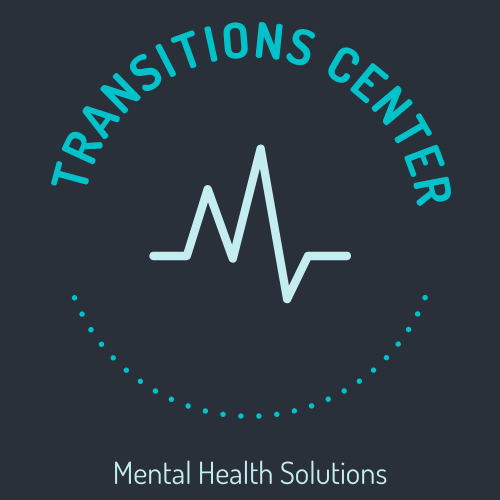Mental health refers to how a person thinks, feels, and behaves when confronted with life’s challenges. How we deal with stress, connect to each other, and make decisions are all influenced by our mental health. Individuals’ mental well-being has an impact on how they view themselves, their families, and those in their lives. Mental health is critical at all stages of life, just as physical health is.
Our mental health affects every aspect of our lives, and it is a fundamental part of our parental responsibility to protect our children’s mental health. Caring for our children, both physically and emotionally, is essential to their everyday lives and freedom. Every year, mental disorders affect 19 percent of adults, 46 percent of adolescents, and 13 percent of children. People who are suffering from mental illness can be in your family, live next door, educate your kids, work in the next cubicle, or sit in the same church pew as you. Just half of those who are affected, however, undergo care, owing to the stigma surrounding mental illness. Mental illness, if left untreated, can lead to higher medical costs, lower academic and work results, fewer job prospects, and an increased risk of suicide.
Mental health care is based on the needs of the patients. It may provide assistance with any of the following conditions or circumstances:
- Depression
- Anxiety
- Memory Problems
- Alzheimer’s disease
- SAD (seasonal affective disorder)
- Living or service, and beyond
What is the significance of mental health?
The global prevalence of mental illness will outstrip both developed and developing countries’ treatment capabilities. The rising social and economic costs of mental illness drew attention to the potential for improving mental health and detecting and managing mental illness. As a result, mental wellbeing is related to behavior and is regarded as critical to physical well-being and standard of living.
People typically associate the word “healthy” with physical attributes such as low cholesterol, good cardiovascular strength, and the absence of disease. Sadly, many people experience depression that are just as crippling as any of the more serious physical illnesses. Most of these individuals have a better quality of life after receiving clinical support from mental health providers. Many people, on the other hand, never receive assistance because they either do not seek it or do not have adequate access.
People who suffer from mental illnesses can find it difficult to function in society. These issues can have a broader effect on society as a whole, particularly if they go untreated or are deferred in care. Mental health providers, when authorized to act in a timely manner, will help reduce health costs and free up scarce resources. According to studies, after obtaining adequate mental health treatment, people use medical services 90% less often. Chronic illnesses linked to stress, anxiety, and drug misuse are often reduced by mental health services.
Taking care of our mental health will also help us avoid or combat the mental health issues that can arise as a result of a chronic physical condition. It may be able to avoid the onset or relapse of a physical or mental disorder in some cases. For example, good stress management can reduce the risk of heart disease.
Most significantly, mental health programs save lives while also raising the prospects of those who are helpless and lost.
This post was created with the assistance of cbd online companies. At Mary Jane’s CBD Dispensary, they are passionate about providing their customers with the best quality products and services. Not only do they offer a variety of top-notch CBD Hemp products for you to choose from, but also Naturopathic treatments for physical disabilities or mental illnesses. They want everyone who comes through their online doors to leave feeling refreshed and healthy so they can live their lives on their own terms. Get in touch if you have any questions!

